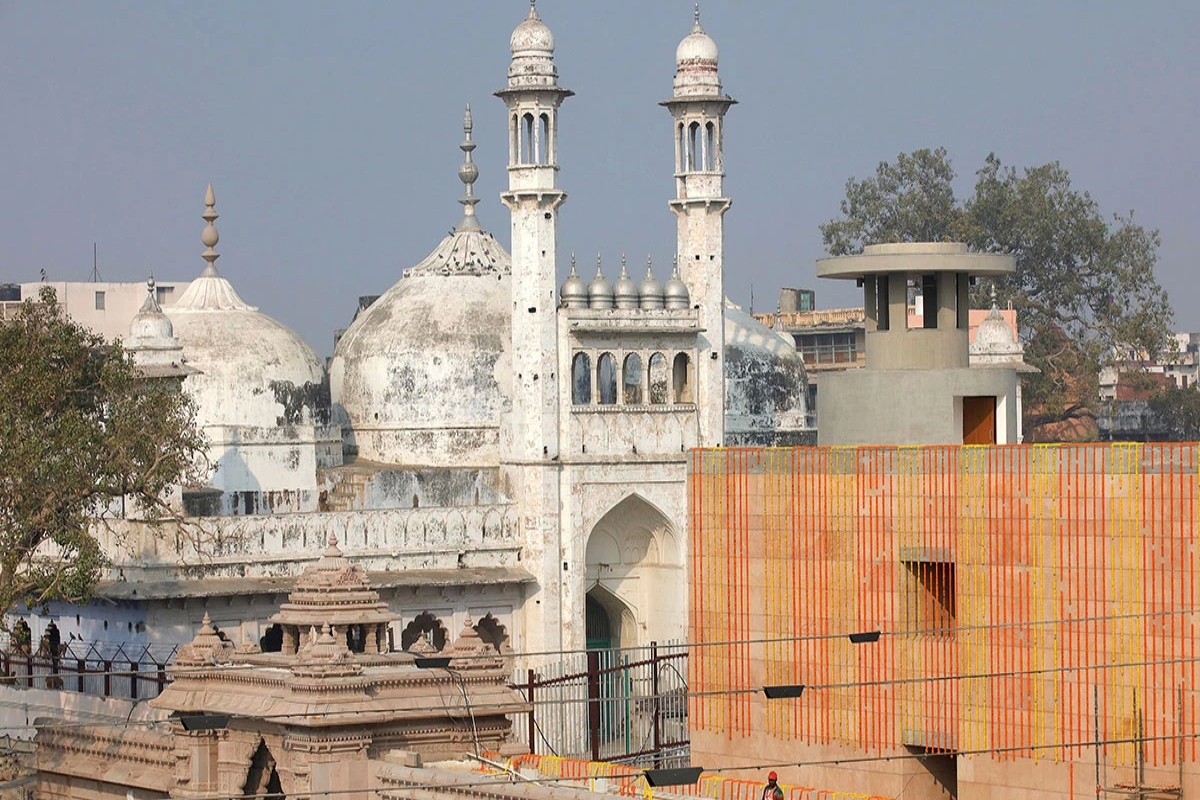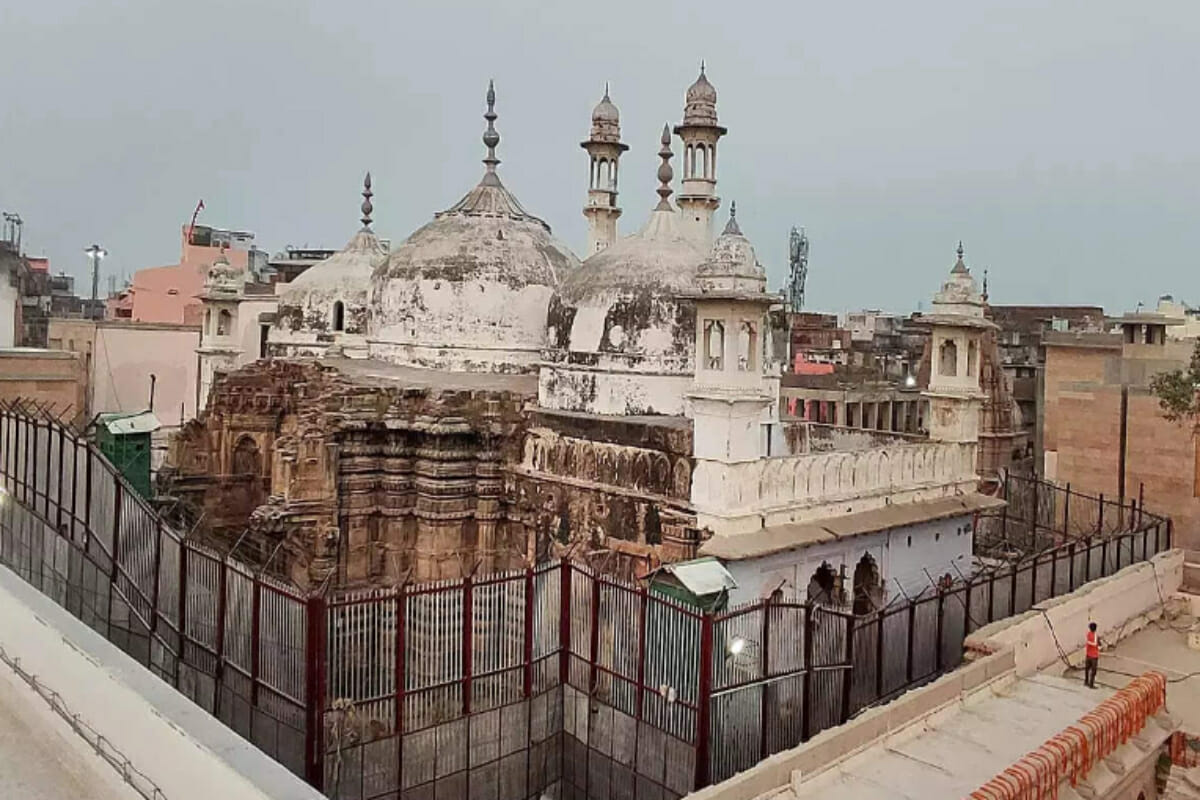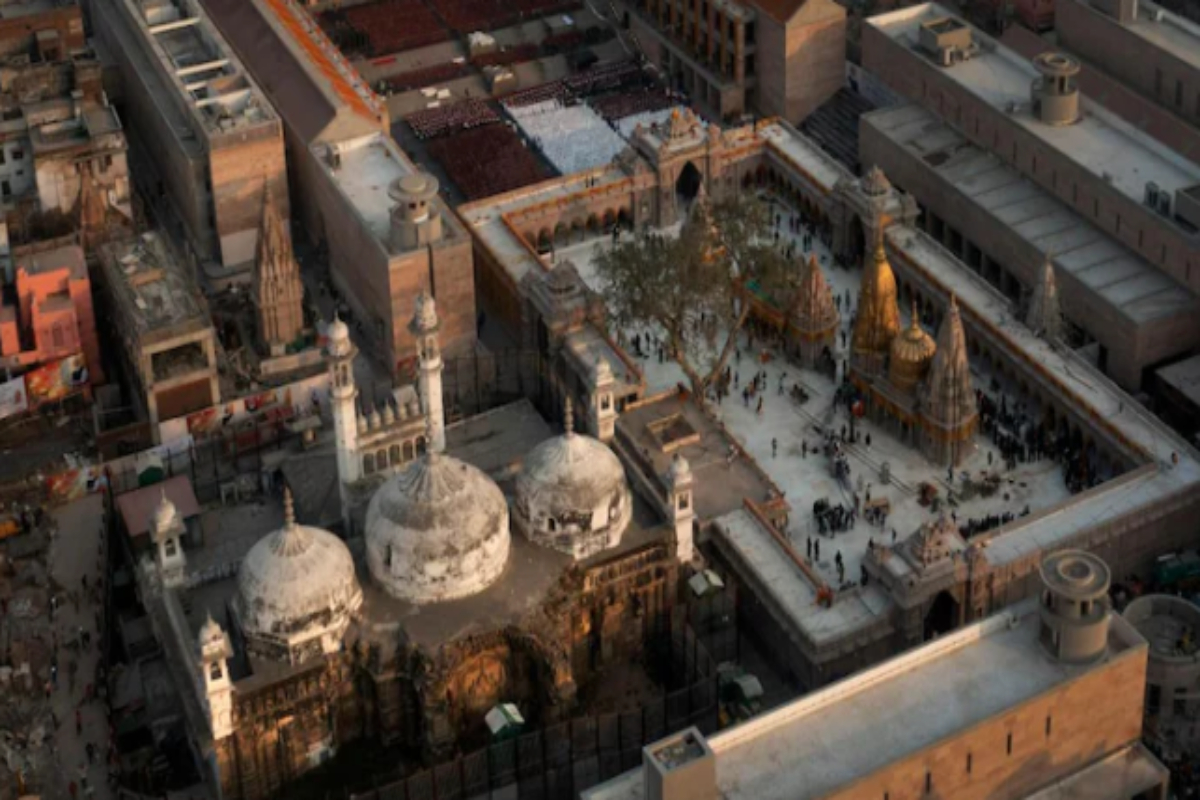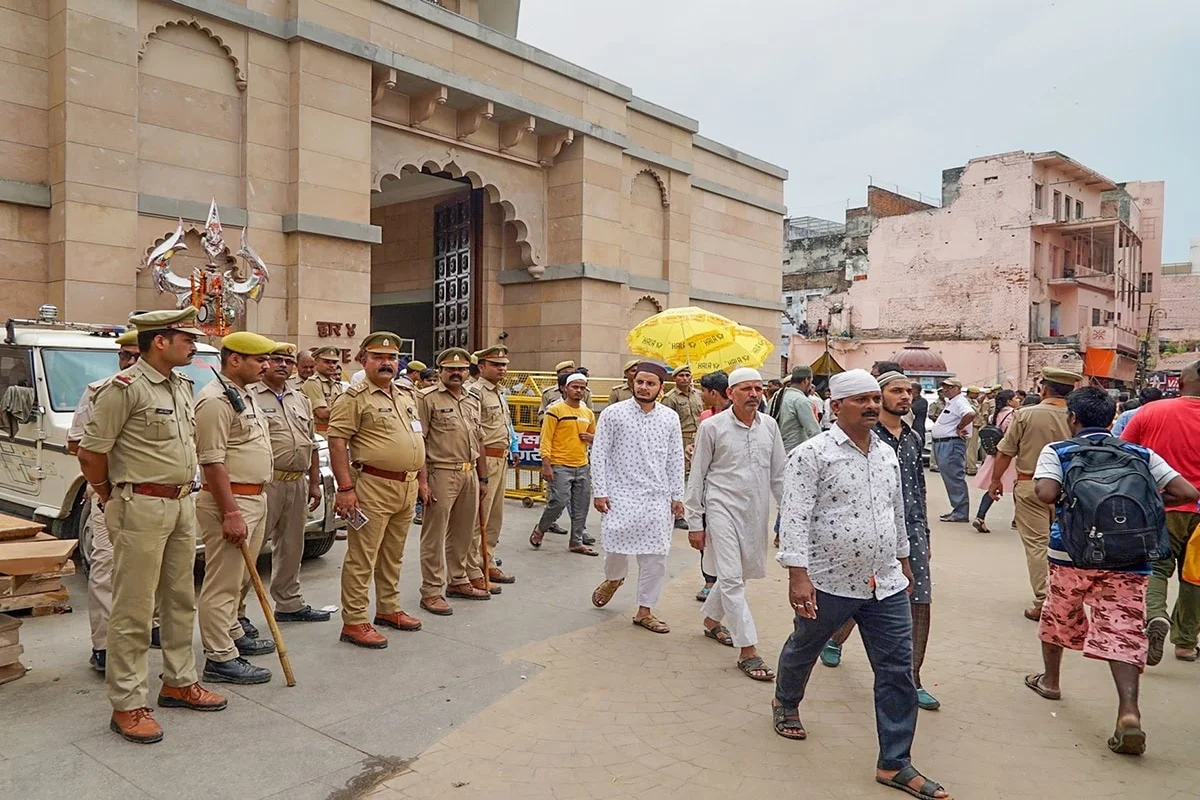Gyanvapi Mosque: The Masjid Committee’s appeal against the Allahabad High Court’s decision to allow ASI Survey of the Gyanvapi Mosque was heard by the Supreme Court on Friday. Anjuman Intezamia Masjid Committee, a Muslim organisation, argued that ASI intended to “reopen wounds of the past” and would do so. Senior attorney Huzefa Ahmadi argued on behalf of the mosque committee that the Archaeological Survey of India (ASI)’s activity is “digging into history,” in violation of the Places of Worship Act, and detrimental to secularism and brotherhood. The Places of Worship (Special Provisions) Act, 1991 forbids altering the 1947-era character of religious locations. The High Court forced them (ASI) to abide by an affidavit that no excavations would be undertaken during their study of the Gyanvapi mosque, according to Chief Justice D Y Chandrachud. The Gyanvapi Mosque in Varanasi is currently being surveyed by the Archaeological Survey of India (ASI) to see if it was constructed atop a Hindu temple. The survey has been contested in court by the mosque committee.
Allahabad High Court Grants ‘Scientific Survey’ of Gyanvapi Mosque
The Allahabad High Court approved a “scientific survey” of the mosque on Thursday, stating that it was necessary for the sake of justice. Around seven am, the survey got started. The ASI team members were present within the facility under heavy security measures, together with the solicitors for the Hindu petitioners in a court issue regarding the mosque. The “truth” concerning the temple at the location will now come out, according to a number of BJP politicians who applauded the high court decision. The Supreme Court will hear the mosque committee’s appeal of the decision later today.
A Delicate Stand in the Gyanvapi Mosque Survey
They are also abstaining from the poll. One of the Hindu parties also submitted a caveat to the Supreme Court asking that no decisions be made without first consulting them. According to the Hindu petitioners, a temple once stood at the location but was destroyed in the 17th century by Mughal ruler Aurangzeb. The Supreme Court had already prohibited any surveying inside the mosque complex. According to the Supreme Court’s order, the “wazukhana” of the mosque, where a structure that the petitioners claimed was a “shivling,” would not be included in the new survey. A Varanasi district court ordered the “scientific survey” on July 21 after four women petitioned it and said it was the only way to ascertain whether the iconic mosque was constructed after demolishing a Hindu temple. The poll began on July 24, but after the mosque committee approached the Supreme Court, it was immediately suspended. The mosque committee had stated that because the building is over a thousand years old, any excavating could cause it to become unstable and eventually collapse. The committee has also claimed that any such survey would be against the law in regards to places of worship.
Keep watching our YouTube Channel ‘DNP INDIA’. Also, please subscribe and follow us on FACEBOOK, INSTAGRAM, and TWITTER











